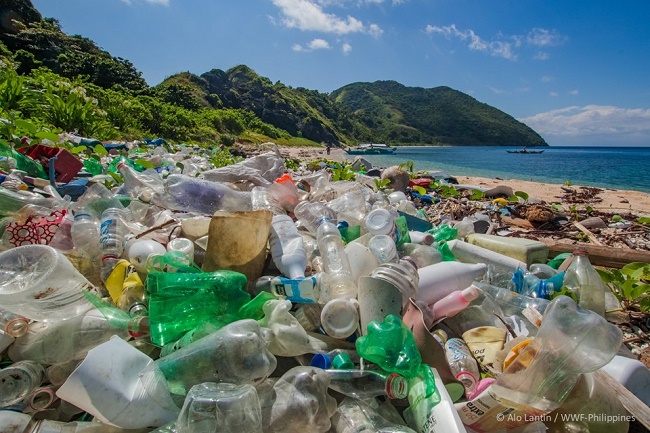A new report has found that governments around the world in 2024 provided $80 billion to support production of primary plastic polymers – essentially subsidising the creation of plastic known to be detrimental to human and environmental health.
The research, conducted by global environmental consultancy, Eunomia, in collaboration with the Quaker United Nations Office (QUNO), appears to reveal a stark financial paradox at the heart of the global plastics crisis.

“This research lays bare the double burden governments – and therefore taxpayers – are shouldering,” Professor Sarah Dunlop, Director of Plastics and Human Health, said.
“Not only are public funds being used to prop up virgin plastic production, but taxpayers are also footing the bill for the environmental and health damage plastics cause.”
Alarmingly, the Minderoo Foundation-backed report reveals the $80 billion subsidy is projected to surge past $150 billion by 2050 if current plastic production trends continue.
“The real cost of plastics doesn’t show up on the industry’s balance sheet – it shows up in our hospitals and is strained on the budget papers of government and in health departments across the world,” Professor Dunlop said.
“This is a health crisis in slow motion. Every day we delay action; the bill gets bigger.”
The study examined subsidies in more than 70 polymer producing economies across seven major polymers (HDPE, LDPE, LLDPE, PP, PET, PVC, PS).
Among the report’s most striking findings was that companies churning out primary plastic polymers received more money in government subsidies than some entire sectors. Crucially, the research shows that removing these subsidies would have little effect on the price of plastic products but could lead to a significant reduction in plastic pollution.
“The case for redirecting financial flows is clear,” Tanzir Chowdhury, Managing Consultant Economist at Eunomia, said. “Removing primary plastic polymer subsidies would decrease plastic production incentives, ease the strain on health systems, and protect our environment – all with barely any impact on consumer prices.”
The findings underscore the urgent need for policy reform and international cooperation during the final week of negotiations – happening right now in Geneva – for a Global Plastics Treaty.
The report calls on governments to redirect subsidies away from virgin plastic production and toward sustainable materials and circular economy solutions.
